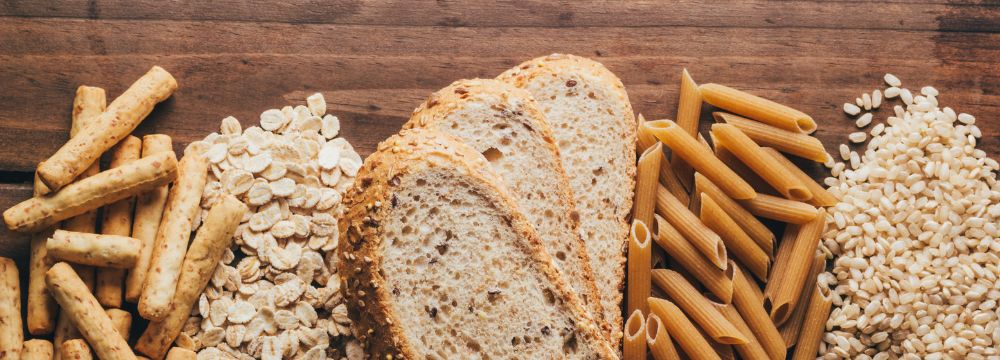
As a postoperative bariatric patient, you will experience plenty of physical and emotional changes. One such change is musculature. Well-developed muscle offers several benefits. It helps maintain joints, bone, tendon, and nerve structure, and it also helps burn more calories at rest, which aids in weight loss. However, the restrictive nature of the post-bariatric surgery diet can make it difficult for patients to maintain that muscle mass, let alone build more.
So, How Can Muscle Mass Be Maintained?
After bariatric surgery, your stomach will be significantly smaller than before the procedure. You will also be living on a significant calorie deficit. However, you must bump your protein intake to maintain muscle mass. How can you reconcile this? Well, it is essential that you consume lean proteins in the form of beans and legumes, and white meats like chicken, pork, and fish. These proteins pack a significant punch while also being relatively low in calories, and are also delicious when prepared the right way.
Early in the postoperative process, proteins may also be prioritized over other macronutrients as you have limited space in the new stomach pouch. Your practice may also suggest protein drinks and meal replacements ensure you consume enough. It’s important to remember that whatever protein you consume is bariatric-friendly. It should not contain excessive sugar, saturated fat, or empty carbs. Those products may provide the protein you need but may also work against your diet by adding hundreds of unnecessary calories. This is not to say that every protein shake or bar must be bariatric-specific, but you need to pay close attention to ingredients and speak to your nutritionist or dietitian to make sure what you buy is high-quality and conforms to the post-op requirements.
The bottom line: getting enough protein through your diet is critical to maintaining muscle mass when your diet is as restricted as it is after bariatric surgery.
Maintaining or building muscle mass also requires strength training. This differs from cardiovascular exercise, which, while great for the heart, doesn’t do as much to grow muscles. Strength training uses your body weight or weights at the gym or at home to strain the muscles and build mass. With your calorie deficiency in the few months after surgery, you likely won’t have the energy to lift as much as you did before. However, the goal is to slowly work up to where you want to be.
Most important is getting to the gym, whether at home or elsewhere, and working out. Don’t be ashamed if you’re feeling weak or not hitting your goals. Just showing up is most important in these early stages. Soon, as your diet stabilizes and your workout routine matures, you will start seeing the gains you expect. You may also gain weight as muscle weighs more than fat. Don’t be discouraged by this. It is not a measure of your postop success but a necessary hurdle to jump. Pushing through is more a mental than a physical endeavor.
The bottom line: You can’t build muscle without straining them. Whether you use bodyweight exercises or go to a gym to lift weights, strength training should be part of every patient’s postoperative plan.
Lastly, your muscle building will only be possible with proper vitamin supplementation and hydration. These are two crucial parts of your postoperative life that can make or break your goals. Adequate hydration gives you energy and motivation and helps keep you out of the hospital, as dehydration is one of the most common reasons for readmission after a bariatric procedure. Similarly, vitamins and minerals, like B12, D, iron, and calcium, all play a part in the health of your nerves, muscles, and bones. Be sure to follow your postoperative guidelines to maintain optimal health.
Of course, if you ever have any questions, it’s essential that you speak to your practice, who can guide you on how to optimize your postoperative diet and exercise plan.









